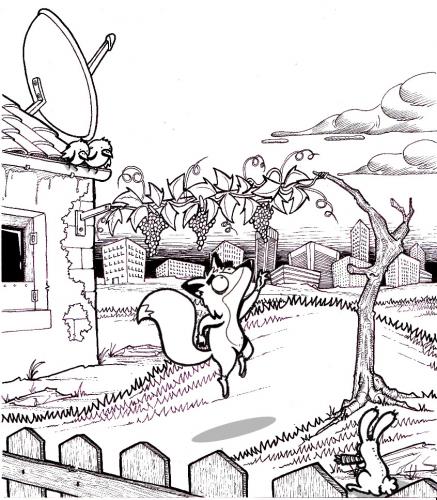With Thanksgiving imminent, looming and inevitable weight gain is upon us. As such, the public consciousness goes into precisely how to get rid of the 'turkey weight', diets begin to spring out of the woodwork: the Atkins diet, the Caveman Diet, South Beach Diet, Mediterranean Diet, Liquid Diet, the Cookie Diet, Dye it diet and the Di tit diet (the last two are fake). This is even including the latest news article that touches on a very plain truth.
The news story going through the media lately has been that Mark Haub, professor of human nutrition at Kansas State University lost 27 pounds (around 12.25 kg) in ten weeks eating only Hostess and Little Debbie snacks once every three hours. Not only that but his LDL cholesterol and triglycerides went down, while protective HDL cholesterol (the good kind) went up.
So what's the take away here? Does this fly in the face of all of the conventional wisdom about diets? Do Twinkies have some hidden health benefits? Do I love asking rhetorical questions?
Very simply, take in less energy than you use. And since energy and mass are connected (see equation to the right) you will therefore lose mass, this is fundamental physics we're talking about here, regardless of the newest fad. Dr. Haub in total consumed about 1,800 calories as a day versus the 2,600 he consumed before. In taking in less energy (and that is what a calorie is, a unit of energy) he could no longer support the same amount of mass, thus losing weight (most likely fat AND muscle). About 3,500 kcal (kilocalories... which is frequently abbreviated to simply cal for most calculations) is required to lose one pound of body fat. Getting rid of 800 kcal a day for 70 days (10 weeks) represents a calorie deficit of 56,000 kcal. That would be enough to account for a loss of 16 pounds of body fat (56,000/3,500=16)
As for his cholesterol changes, this could just be a side effect of losing weight again, as losing fat overall will make one lose cholesterol in the blood stream, even with the rather fattening substances entering his body.
 However as Haub himself is quick to point out, this is NOT a diet to follow. While it is possible to lose weight with Little Debbie and Hostess products, the long term affects are less than advantageous. I'm going to use the Twinkie as an example, for no other reason than it's gotten the most press out of this, and it's fun to say. As we can see from the nutrition facts, (found via the Hostess Website) the common Twinkie is not in fact, that bad for you in terms of pure caloric intake. However, the amount of fat and saturated fat is pretty high. Add that there is no fiber, no protein, and no appreciable amount of any vitamins, except iron, will very quickly lead a person to SEVERE malnutrition.
However as Haub himself is quick to point out, this is NOT a diet to follow. While it is possible to lose weight with Little Debbie and Hostess products, the long term affects are less than advantageous. I'm going to use the Twinkie as an example, for no other reason than it's gotten the most press out of this, and it's fun to say. As we can see from the nutrition facts, (found via the Hostess Website) the common Twinkie is not in fact, that bad for you in terms of pure caloric intake. However, the amount of fat and saturated fat is pretty high. Add that there is no fiber, no protein, and no appreciable amount of any vitamins, except iron, will very quickly lead a person to SEVERE malnutrition.The stomach itself does not recognize 'calories taken in', it is rather based solely on volume that it determines whether one is full or not. This is the basis behind surgeries like stomach stapling, limiting the amount of food one eats before becoming full. This is why low calorie things like vegetables, whole grain, lean meats and fruit are important, you will lose weight, get all the necessary amount of vitamins and minerals (which will help weight loss) and will make you feel full.... Something I imagine one Twinkie every three hours would be unable to do.
That and exercise. As said, if you use more energy than you consume, you lose mass.... Works even better when you increase the energy you use while decreasing the energy you consume. Of course sometimes you get hungry BECAUSE you exercise but that gets into a fun recursive loop
So there you have it. It's not especially sexy, nor is it particularly complicated. It is, however hard work...Perhaps that's why we don't get the straight truth about it...
Though I have heard about this new one called the News Diet... You watch the news and feel nauseous, so you don't WANT to eat. I have high hopes for it.
Thanks for reading as always,
Mick














